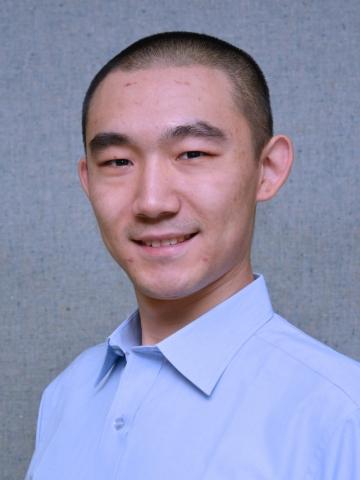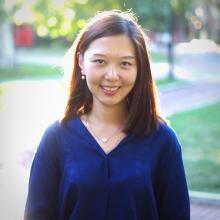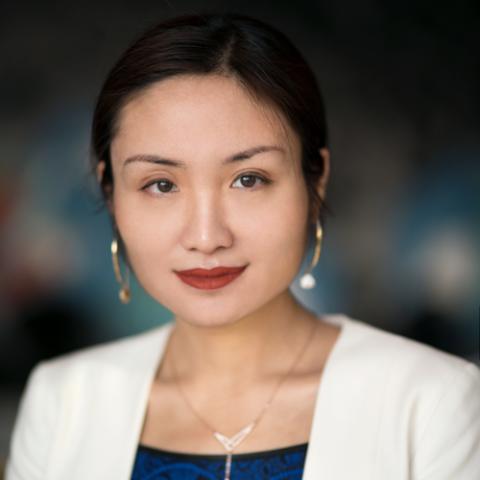Preliminary Schedule (aDDITIONAL details tba on CALS website and CALS TWitter)
- January 27 - Ling Chen (Assistant Professor, School of Advanced International Studies, Johns Hopkins University)
- February 3 - Yue Hou (Janice and Julian Bers Assistant Professor, Political Science Department, University of Pennsylvania)
- February 10 - Yang Xie (Assistant Professor, Department of Economics, University of California, Riverside)
- February 25 - Wei Cui (Professor, Peter A. Allard School of Law)
- March 10 - Felipe Valencia Caicedo (Assistant Professor, Vancouver School of Economics, University of British Columbia)
- March 19 - Takashi Shirouzu (Associate Professor of Law, Chiba University Law School)
- March 25 - Murat Iyigun (Professor, Department of Economics, University of Colorado Boulder)
- March 31 - Maura Dykstra (Assistant Professor, Division of Humanities and Social Sciences, Caltech)
- April 21 - Rachel Stern (Professor of Law and Political Science and Pamela P. Fong and Family Distinguished Chair in China Studies, Berkeley Law)
Upcoming Talks:
Crisis in the Empire of Routine: Uncertainty and Information in the Qing
Speaker: Maura Dykstra
Fairness Beyond Law: How Contemporary Chinese Courts Smooth Financial Loss and Repair Emotional Rupture
Speakers: Rachel Stern and Benjamin Liebman
past Talks:
A Theory of Cultural Revivals
Authors: Murat Iyigun, Jared Rubin, and Avner Seror
SAME-SEX MARRIAGE: COMPARISONS OF CANADA, U.S., AND JAPAN
Speaker: Takashi Shirouzu
The legalization of same-sex marriages is no longer an issue in North America, but how about Japan? In March 2021, for the first time ever in Japanese legal history, the district court will decide on the legalization of same-sex marriage. The debate on whether to legalize same-sex marriage or not is now a very heated topic.
In this talk, Professor Takashi Shirouzu will discuss how Japan should deal with this issue, by looking at both Canada and the U.S.’s approach towards legalizing same-sex marriage from the viewpoint of Comparative Constitutional law. During the discussion, he will also examine how the legalizing of same-sex marriages would challenge the Japanese notion of a traditional family.
Collateral Damage: The Legacy of the Secret War in Laos
Authors: Juan Felipe Riaño and Felipe Valencia Caicedo
(Mis-)Understanding Ourselves, (Mis-)Understanding China: The Parable of Taxation
speaker: Wei Cui
A Theory of Power Structure and Institutional Compatibility: China vs. Europe Revisited
Author(s): Ruixue Jia, Gerard Roland, and Yang Xie
Ethnic Discrimination and Authoritarian Rule: An Analysis of Criminal Sentencing in China
Author(s): Yue Hou and Rory Truex
Gaming the System: The Political Calendar and Selectivity of China's Tax Break Policy
Author: Ling Chen










